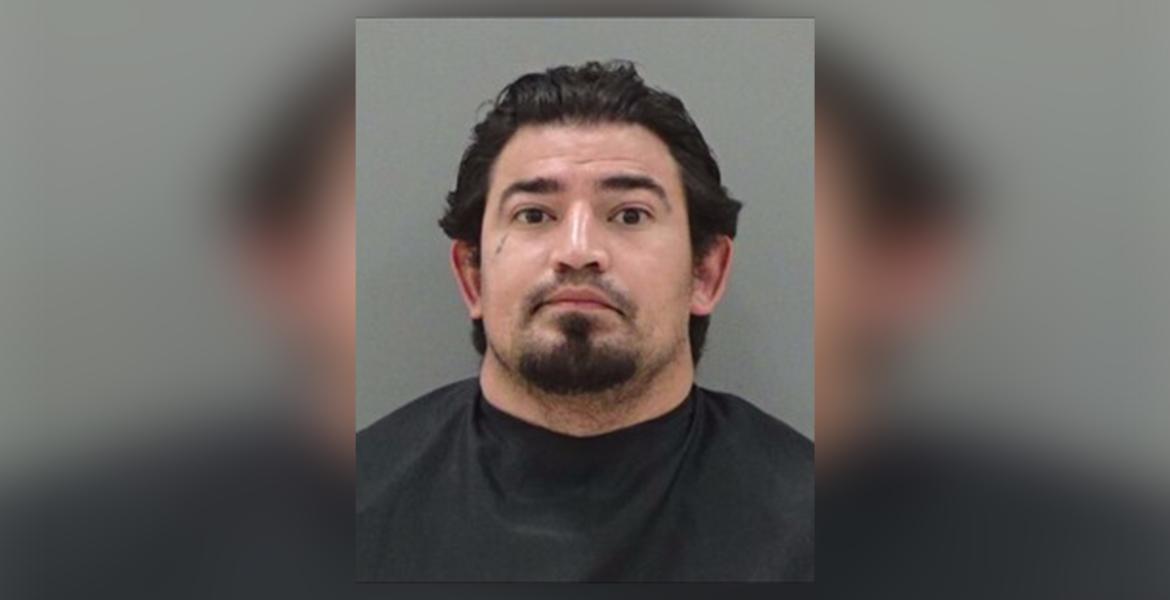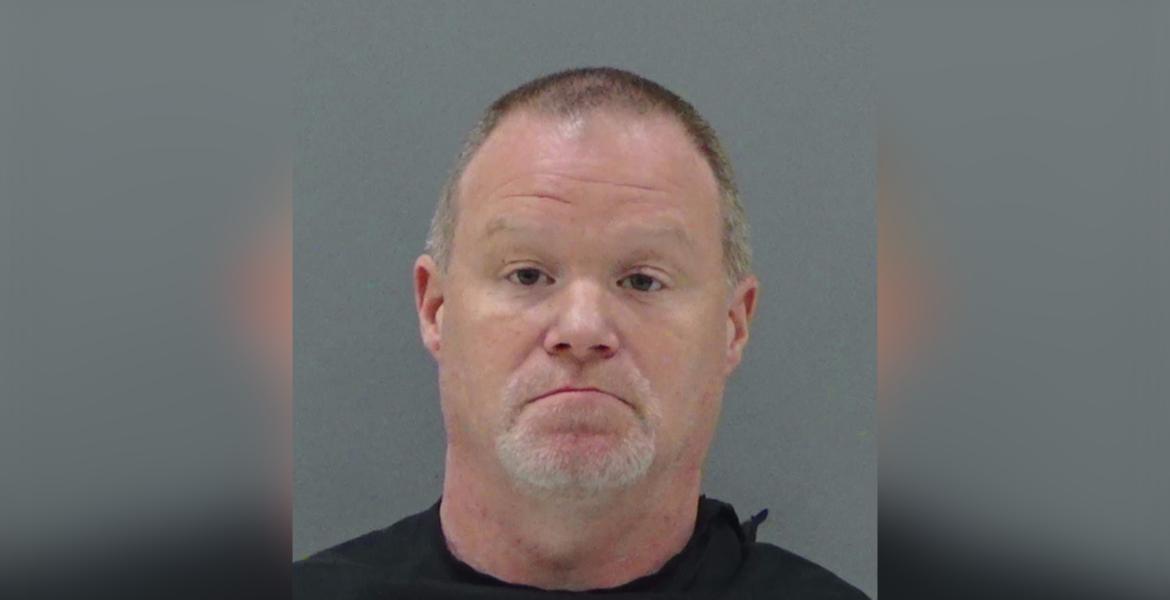LUBBOCK, TX — The opening arguments of the trial of former San Angelo Police Chief Tim Vasquez began in earnest just after lunch Monday with the opening arguments from U.S. Attorney Jeffrey Haag and Vasquez’s defense attorney David Guinn. Haag laid out the case against Vasquez, that as an elected official and police chief, he violated the public’s trust by advocating for San Antonio radio vendor Dailey and Wells that installed Harris branded radios for the City of San Angelo’s public safety radio network in exchange for the vendor hiring Vasquez’s band, Funky Munky, to the tune of over $100,000 over 15 years.
Guinn for the defense argued that Vasquez advocated for the Harris radios, and Dailey and Wells to install them, because the system was the best solution. What is more, Guinn said Vasquez’s management of the band Funky Munky in his off-time had nothing to do with his role as chief of police. After all, Guinn argued, Vasquez filed all of Funky Munky’s income — including the income his band earned from Dailey and Wells — on his income taxes.
“The radio system was good for the city and Vasquez wanted it. It had nothing to do with the band,” Guinn said.
Guinn traced Vasquez’s love of music that blossomed in the 7th grade. He excelled as a percussionist. He was sought after in his 20s, including being offered an opportunity to tour with Toby Keith’s band. Vasquez had to turn down the opportunity because of a job he took as a dispatcher at the age of 19 had blossomed into a police career. Vasquez chose public service, Guinn said.
Still, by the end of the 2000s, in Vasquez’s off-duty band Funky Munky was receiving rave reviews, including from then Assistant City Attorney Jeff Betty. Betty, who is today well-known as the former Tom Green County Republican Party Chairman, introduced Vasquez and his band to Richard Wells in 2007. According to Guinn, Wells was on the lookout for a band to perform at his 25th wedding anniversary, as the band he had originally booked had flaked. Betty told Wells that, “Tim has a pretty good band.” Based on that recommendation, Wells booked Funky Munky for two nights and then invited his band back to perform at the company’s annual Christmas party. The rest was history.
“The hiring of the band had nothing to do with the recommendation of Harris radios. Rather, Harris manufactured an excellent piece of equipment,” Guinn argued.
The first witness for the prosecution was City of San Angelo Information Technology Director Bucky Hasty. Taking the stand wearing a blue shirt at tie with no coat and readers perched atop his head, Hasty recalled the need to upgrade the City of San Angelo public radio network in 2014. The public safety world was migrating to a new standard called P25 and the City could miss out on federal or state grants if it continued to maintain the antiquated radio system installed in 2007.
The question was why didn’t a $5.7 million radio upgrade go out for bid? After all, Haag argued, a switch to an entirely new competitor solution made by Motorola would cost as much as the so-called upgrade.
On cross examination, Guinn attempted to make a point that the decision to perform a no-bid Harris radio upgrade was allowed in Texas Local Government Code that exempts public safety purchases from the Requests for Proposals, or RFP, process. What is more, the City of San Angelo elected to purchase the Harris radio upgrade through a co-op called the Houston-Galveston Area Council. Later testimony by former City of San Angelo Purchasing Director Roger Banks backed up that claim.
City of San Angelo Attorney Theresa James took the stand after Hasty. The prosecution used her testimony to introduce three key pieces of evidence: The State Local Government Code, the City of San Angelo Purchasing Guide (that states purchases over $50,000 must be done through an RFP process), and Vasquez’s signature on an internal City of San Angelo document that said Vasquez was to abide by City rules and procedures.
Roger Banks was the final witness on the stand. Now retired for about seven years, Banks could not recall many of the details of the Harris radio deal. Guinn asked him if he told an investigator that the Harris radio deal saved the City of San Angelo $3 million. Banks did not recall telling an investigator this. Banks did recall that purchasing the radios through the HGAC was a legal method.
How the federal prosecutors charged Vasquez with Honest Mail Fraud was revealed during the testimonies of James and Banks. According to Assistant U.S. Attorney Sean Long, the City of San Angelo made four payments for the Harris radio upgrade through the mail during 2015. James' testimony confirmed that during that year, the City of San Angelo received more than $10,000 in federal benefits. Should the Harris radio deal be fraudulent, the making of those payments throughout 2015 was Honest Mail Fraud.
The trial continues Tuesday as the prosecution will further lay out the case against Tim Vasquez. Vasquez is facing two federal charges of Receipt of a Bribe and Honest Mail Fraud. The charges stem from his 15 year association with Dailey & Wells Communications, an L3 Harris Radio vendor, that sold the City of San Angelo its public safety radio communications system in 2007 and then upgraded the system in 2015 at Vasquez’s recommendation.
Subscribe to the LIVE! Daily
Required






Post a comment to this article here: